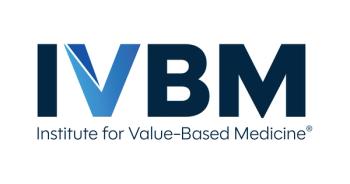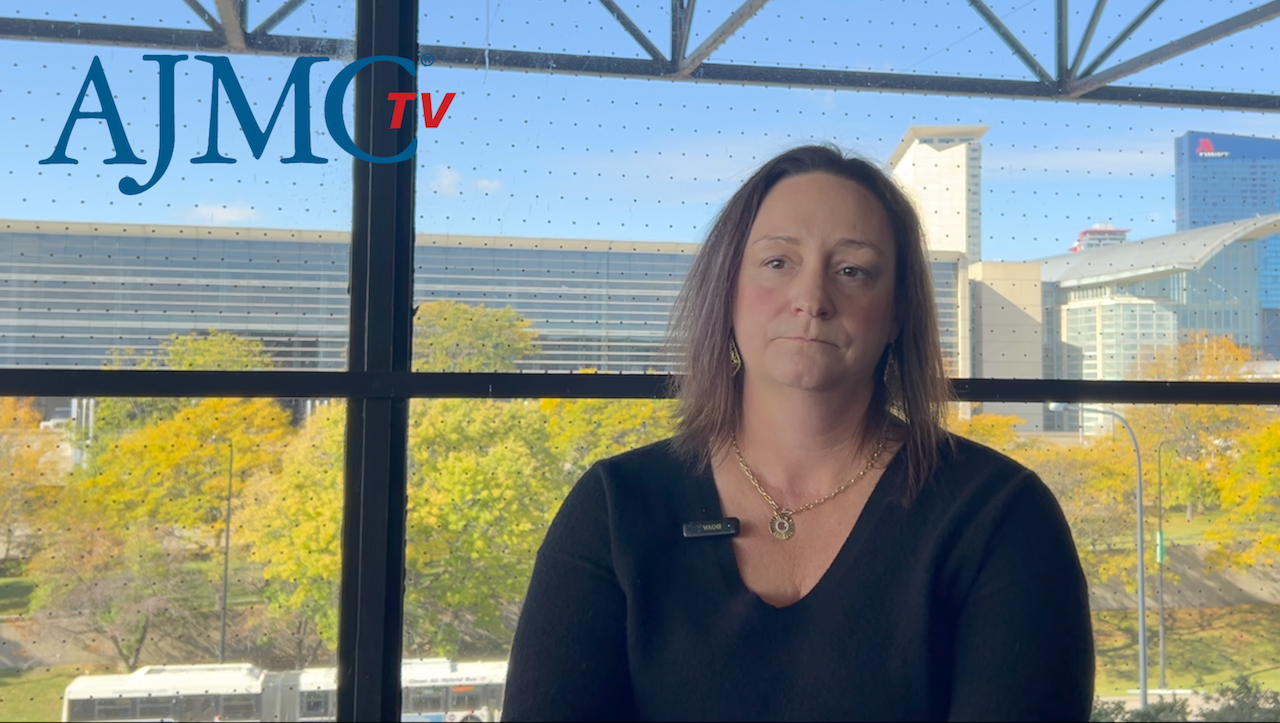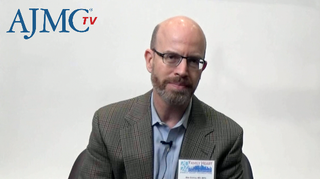
Health System
Latest News

Latest Videos

Podcasts
CME Content
More News

Lindsey Valenzuela, PharmD, explains how value-based models empower a single pharmacist to manage multiple layers of these disease states.

Telemedicine improved the quality of life and inhaler technique among patients with advanced-stage chronic obstructive pulmonary disease (COPD).

A retrospective multicenter study found that patients with heart failure discharged by noon had higher short- and long-term mortality and increased early readmission rates compared with afternoon discharges.

Laxmi Patel of Savista discusses how the Budget Reconciliation Act could widen Medicaid coverage gaps and strain hospitals across states.

As the hospital-at-home model grows, a consortium is needed to advance scalability, equity, caregiver well-being, and cost efficiency through research and collaboration.

Timothy W. Cutler, PharmD, associate chief of ambulatory care at UC Davis Health, describes how pharmacy services patients healthy and out of the hospital.

Hope Krebill of the Masonic Cancer Alliance at the University of Kansas Medical Center outlines patient navigation models that improve outcomes and reduce missed appointments.

Laxmi Patel urges rural hospitals to align leadership early and build logic models to show how transformation funds can drive access, equity, and sustainability.

Laxmi Patel explains how providers can meet potential new Medicaid documentation requirements without harming patient access.

Multidisciplinary care influenced therapy choices but did not substantially shorten treatment delays for patients with sarcoma.

Laxmi Patel urges hospitals to embed financial screening and simplify payment options to prepare for rising levels of uninsured patients from Medicaid changes.

Researchers found that even smaller open artificial intelligence (AI) models outperformed clinicians, supporting automation of International Classification of Disease (ICD) coding.

Laxmi Patel explains how Medicaid reforms could increase uncompensated care and the burden on hospitals, and how technology can help automate workflows.

The adoption of technologies like telehealth and health information exchange increased over time, but hospitals in the most disadvantaged areas were behind.

This article presents a systematic review of US health care disparities in physician specialist access across rheumatology, dermatology, and gastroenterology and a call to action.

The Rural Health Transformation Program invests $50 billion to enhance health care access and quality in rural America.

This commentary calls for health care systems to deliver equitable care for people living with obesity by addressing weight bias and updating standards in obesity care.

By 2040, advanced metabolic dysfunction–associated steatohepatitis (MASH) is projected to rise by at least 20% in the 9 countries assessed.

Despite overall growth in the radiology workforce, the proportion of pediatric radiologists specifically decreased from 2016 to 2023.

A new joint guideline from the American Heart Association and the American College of Cardiology emphasizes early treatment, close perinatal blood pressure monitoring, and incorporating the PREVENT risk calculator to personalize care.

Psoriasis received the second-most funding of any pediatric dermatology condition, even though it ranked fifth in terms of disease burden.

A new patient-centered methadone restart protocol enhances opioid use disorder treatment, improving safety and retention while personalizing care.

Targeted “Food is Medicine” interventions can help individuals with diet-sensitive chronic conditions improve their health, but nationally representative survey and qualitative interviews showed low awareness despite high interest among respondents.

The study found no difference in physician communication scores between patients with advanced cancer and other illnesses, suggesting that discordance may stem from other dynamics.

New drugs aren't the only advances in oncology. Innovation includes collaboration between to remove barriers to remove barriers to care, according to experts who gathered for a session of the Institute for Value-Based Medicine in Arlington, Virginia.






















